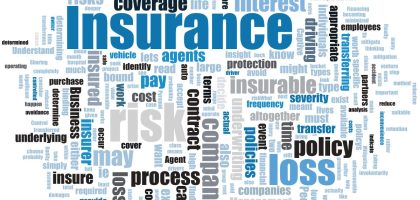Introduction Liability insurance India and business insurance claims are more than just catchphrases; they have the power to determine whether...
Introduction In 2025, business insurance will be a vital component of sustainable growth for Indian SMEs. Due to increased operational...
Insuring Business Equipment: What You Need to Know Running a business can feel like juggling multiple things at...
General Liability Insurance vs. Professional Liability Which Does Your Business Need? Running a business involves a lot of moving...
Latest Blogs
Introduction At the time of renewing or buying car insurance, people generally have two main options in front of...
Introduction A lot of people treat insurance as a last-minute purchase and buy it only because it feels necessary in...
Whether it’s a little scratch or a big accident, a car insurance claim can save time, money and a...
Before buying term insurance, most people ask how much cover do they really need. You can’t buy a plan...
Introduction Insurance planning is not a challenge but can surely feel confusing with so many options, terms and mixed...
Introduction A lot of people treat insurance as a last-minute purchase and buy it only because it feels necessary...
Insurance is a financial protection that secures your family, health and assets against unexpected events. The market today is...
With every year, healthcare is becoming more expensive. Whether it’s a routine check-up or a surgery, medical bills are...












